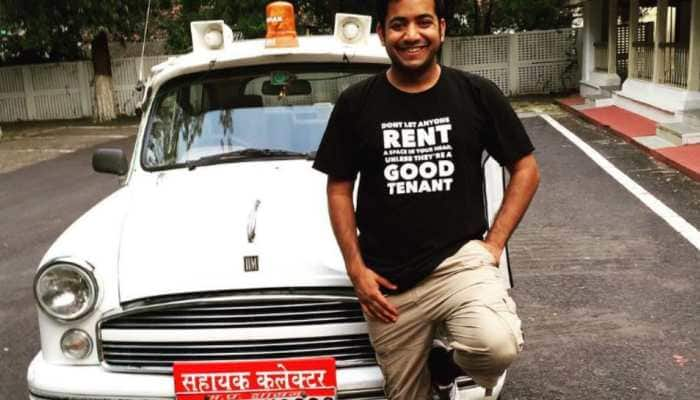HC directs UP to complete renovation of Green Park stadium
The Allahabad High Court on Thursday directed the Uttar Pradesh Government to complete the maintenance of Green Park stadium at Kanpur before January 10.
Trending Photos
)
Lucknow: The Allahabad High Court on Thursday directed the Uttar Pradesh Government to complete the maintenance of Green Park stadium at Kanpur before January 10.
The order came on a petition which alleged that in spite of release of Rs 38 crore by the BCCI to the UP government for renovation and maintenance of the stadium, no work was done.
Due to this reason "no international cricket match had been organised in recent past in the stadium," the petitioner alleged.
The Lucknow bench of the court issued notices to the respondents, BCCI and UP Cricket Association, and fixed January 10 as next date of hearing.
A division bench comprising justices Umanath Singh and Virendra Kumar Dixit passed the order on a petition filed by one Satish Kumar Mishra, seeking direction for maintenance of Green Park stadium Kanpur.
The court also directed the Principal Secretary, Sports and Youth Welfare UP, to produce the statement of accounts in respect of amounts received from BCCI and the UP Government for renovation and maintenance work.
It directed the Principal Secretary and Secretary UP Cricket Association to appear before the court.
The court was told that Rs 38 crore was given by the Board of Cricket Control of India (BCCI) to the state government for renovation and maintenance of the stadium at Kanpur.
The petitioner alleged that despite allotment of the fund, the state government has not started the work.
A team of cricket association of Australia, which had visited the stadium recently, was said to have give ultimatum to renovate and maintain the stadium as per international standards or also the match will shift to some other state, the petitioner contended.
PTI
Stay informed on all the latest news, real-time breaking news updates, and follow all the important headlines in india news and world News on Zee News.
Advertisement
Live Tv
Advertisement







)
)
)
)
)
)
)
)
)
)
